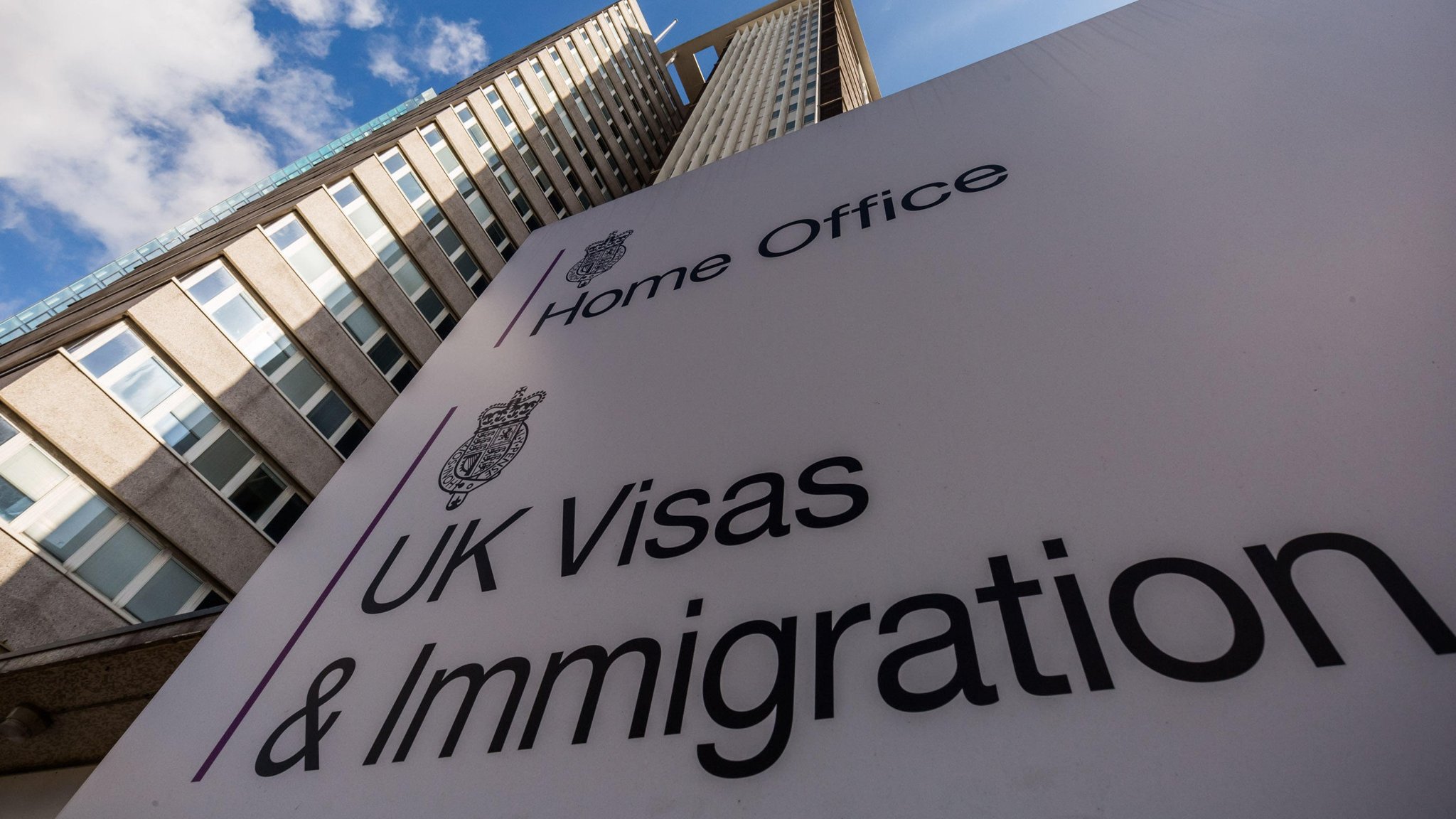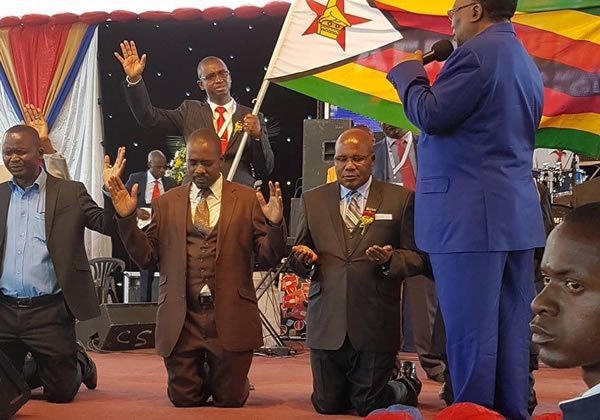by Mbango Sithole
IT has been said Zimbabwe has a clueless and insecure ruling party, a confused opposition, an apathetic business community, a fearful church and a despondent people. Because there are various reasons for this, it can, in my opinion, be broken by an all-inclusive dialogue. Political parties, both the ruling party and opposition parties, business, students, churches, all stakeholders must love their country enough to cooperate.

I can almost hear some already growling. We have been on that path before, they mutter. Yes; we have been on that road but we did not do it right. It was a huge missed opportunity; that is why it must be interrogated again. In my opinion the process did not work fully because it did not start right and was premised on point scoring. It however brought relief to industry with its successes. So we came back to square 1, if not square minus 1. But we can chart a winning course this time around. It should be a home grown solution without the external hand pulling any strings.
In 2000, we demonstrated that we were able to talk when we started the 2000 constitution making process before it was hijacked by some quarters leading to the failure of the otherwise noble process. We then showed that we can talk in the 2008 negotiations that led to the Government of National Unity before it was again hijacked by selfish interests. Mistrust, selfishness and the wrong approach in initiating engagements are the key determinants, in my opinion, of whether any dialogue initiative will succeed or crumble. These cannot be avoided completely but should be managed. In my opinion, one stakeholder has to prove to the other stakeholders that it is also in their interest to negotiate or appear to give-in.
In the case of Zimbabwe, we have a seemingly powerful ruling party, which, at face value, would be considered invincible, at least if one took a casual look at the happenings of the past 15 years in the politics of Zimbabwe. But, a deeper look reveals a very cowardly and insecure ruling party who are not sure what tomorrow holds nor are they in possession of a safe exit strategy from the free fall that has characterised all sectors of politics and economy; the economy, being the major source of their headaches, stomach aches and all other bodily aches.
I present to readers here that Zanu PF is, contrary to popular belief, worried deep by the state of affairs. They cry inside for dialogue. The use or misuse of the security sectors is a clear evidence of an insecure state. We have seen unprecedented unemployment. The recent few weeks have highlighted that, even the little that remains is not guaranteed. Following the Supreme Court ruling on termination of employment, we have seen thousands join those that are wearing out their shoes trying to eke a living in an economy which is devoid of jobs or prospects thereof.
To a large extent they are in the same unenviable situation that Ian Smith and his government found themselves in following their Unilateral Declaration of Independence (UDI). The international communities had started tightening their stance on the abhorrent racist regime. The war was heating up from all sides towards the cities and towns and they were fast losing control in all key areas. The propaganda machinery was becoming fatigued as repetition of the old lies became unpalatable to the intended recipients.
Zanu PF and many others will tell you that the war brought Independence to Zimbabwe. No, it wasn’t the war. The war could have been avoided. What was needed was dialogue which later came at a cost of about 30000 lives and many troubles for our kith and kin. We need dialogue to solve our crisis. Yes the opposition must do what they have to do. But Zanu PF must play their part as well. We all must do our part. It is dialogue that brought about our free Zimbabwe. We thank God for our comrades who went to fight. But what war did was to prove to the powers then that dialogue was the only sustainable option. We need dialogue again as Zimbabweans to get out of our current crisis.
FW De Klerk and apartheid South Africa also found themselves trapped in a similar situation where they enjoyed the status quo but deep in their hearts of hearts knew that it was not sustainable. The wheels of changing times were becoming unstoppable. In the case of South Africa, FW De Klerk, in his own admission, found a lot of wisdom from his brother who was very vocal against the apartheid system. Dialogue became the answer; in their case a much beneficial answer as they retained all their financial privileges, without the political power never-the-less. Even the political power issue is debatable because those with the capital will easily move themselves into determining the tune of any piper.
On the other side of the political divide in Zimbabwe, confusion reigns supreme. We have seen this confusion in parliament recalling of members of parliament without any plan to regain them. We have seen small political parties mushroom in all directions, some even in the diaspora, without the slightest idea of how they will mobilise people to their side, let alone ideas of how they will fund the infantile enterprises.
The largest opposition party, MDC T, which started with a lot of promise of change has since become a pale shadow of its former self. For them politics is one excuse after another of why they will not win elections. Some of my friends in their party are so schooled in giving excuses to such an extent that they are satisfied with their excuses. But excuses have never ushered anyone to the coveted high political office. Their only hope is the continual suffering of the people of Zimbabwe. They wait patiently for the day when Zanu PF will fully self-destruct. For some, they wait for the day Mugabe will go. How myopic?
It is difficult to blame the opposition because they seem ready for talks any day or night. But, in my opinion, their motive for dialogue is not right. It is as selfish as the desire for Zanu PF to stay in power. That has been their greatest undoing since 1999. In negotiations, one stakeholder must never be motivated by selfish interest. It must be for the nation and posterity that we must seek dialogue. Other than that, we can easily see a political entity call for sanctions against its own citizen. To me, that is as cruel as a state that unleashes its securities sectors on its people for trying to make meaningful existence.
The opposition continuously seeks to gain useless mileage from past unfortunate hurts like the Gukurahundi and other past mistakes of the ruling party instead of positioning themselves as peace-bearers. That only hardens the current power holding of the current regime in fear of retribution. Again, this can be addressed if Zimbabwe where to go back to the negotiation table.
There is wisdom in Zanu PF adopting the negotiations route to end the current impasse in Zimbabwean politics and the economy rather than sticking to the misuse of the security clusters! There is need for a De Klerk in Zanu PF. It is the only sustainable win/win strategy. There is also wisdom in the opposition softening their stance on key issues that have to do with the past as well as unreservedly calling for removal of sanctions which have contributed to the suffering of the vulnerable people of Zimbabwe.
Business and the church have been apathetic and not helpful in crafting an atmosphere conducive for talks as they have been preoccupied with self-preservation. The sufferer is the people of Zimbabwe. In my opinion the suffering transcends political affiliation, even including those that have been perceived as hardliners. That is why it should be easy to talk. It is in the interest of us all.
Shouting on top of your voice anytime about issues has not helped anyone in Zimbabwe. There are tactical ways of addressing issues without creating unnecessary antagonism. If you see that your enemy is more powerful than you, it takes much more than shouting the loudest at them. There is much wisdom in talking to your adversary. This is not to say that you compromise but rather that you move with wisdom to avert the suffering of your people.
For Ian Smith, it was dialogue. For FW De Klerk of South Africa, it was dialogue. War is a failure of dialogue. As a matter of fact, wars often end back on the dialogue table. We can save, as someone once said, humpty dumpty from falling off the wall.
Let’s talk Zimbabwe. There is no option. 2018 may come and go. Tiri vanhu vamwechete wani!






